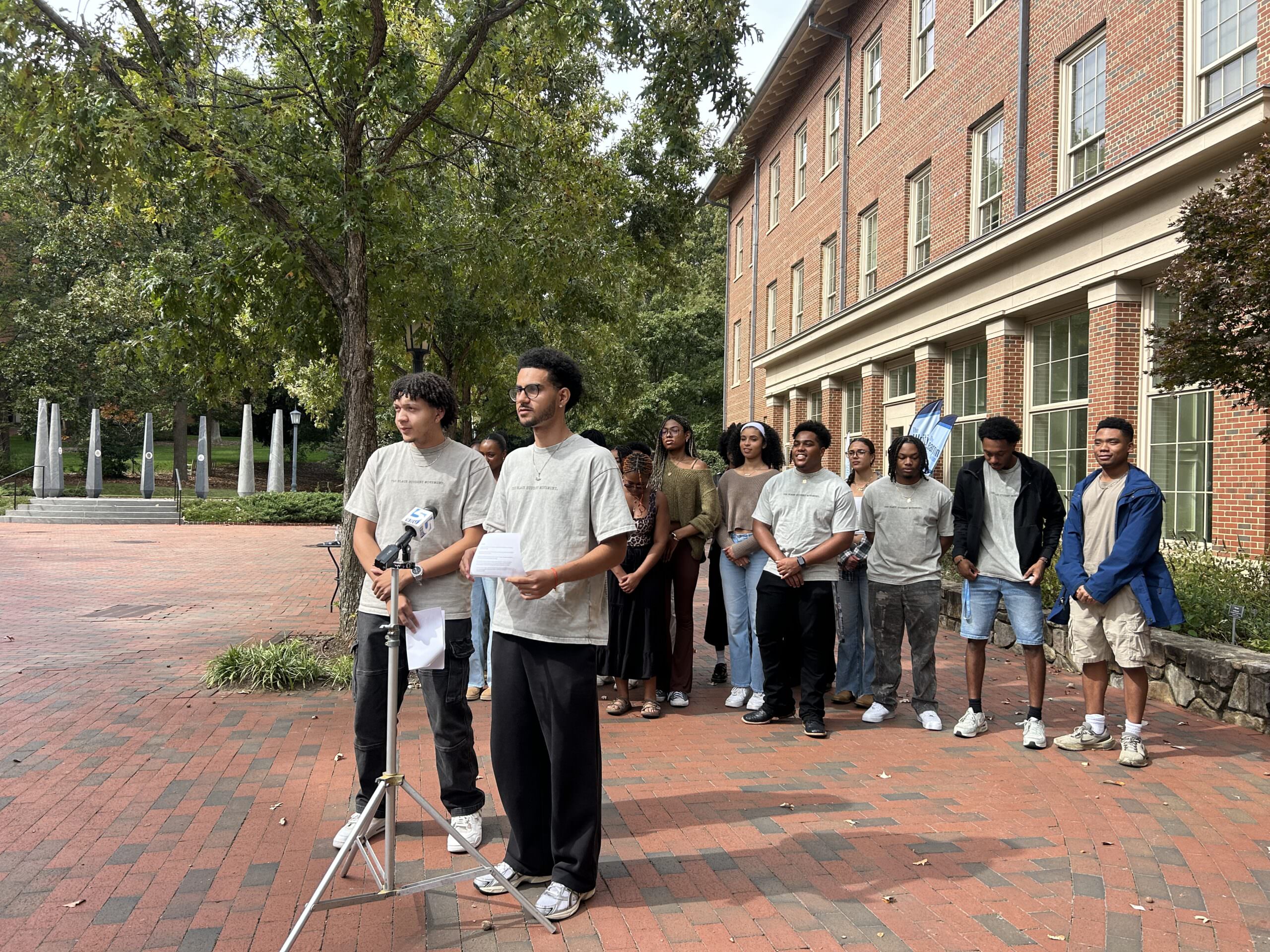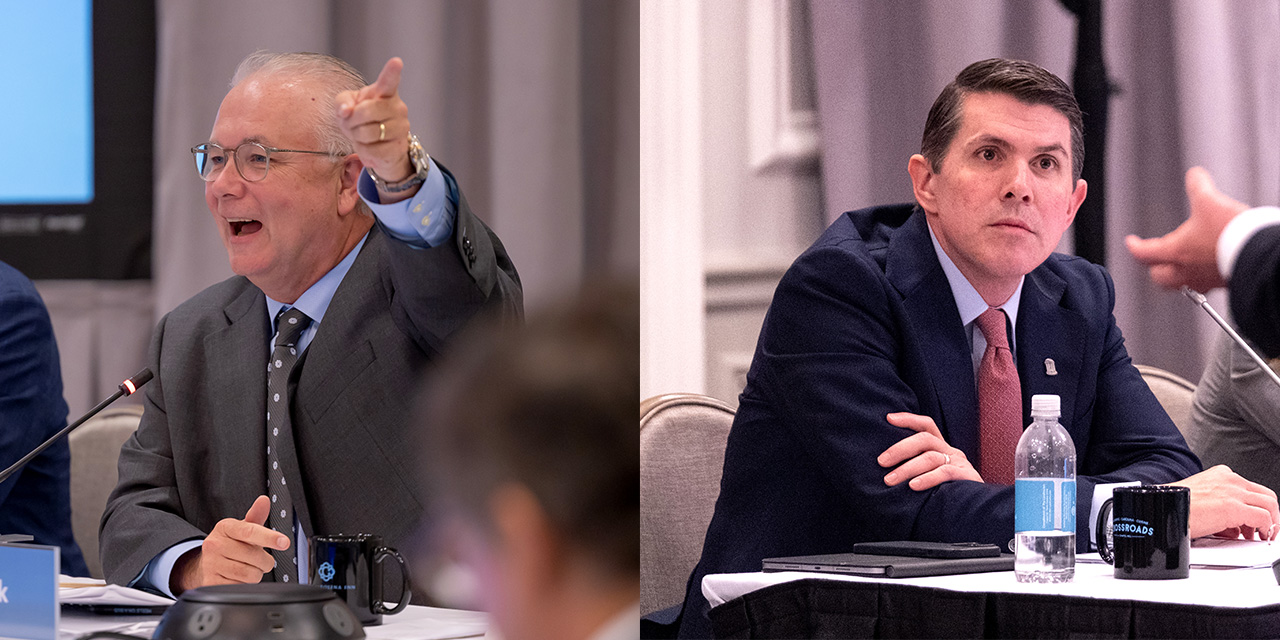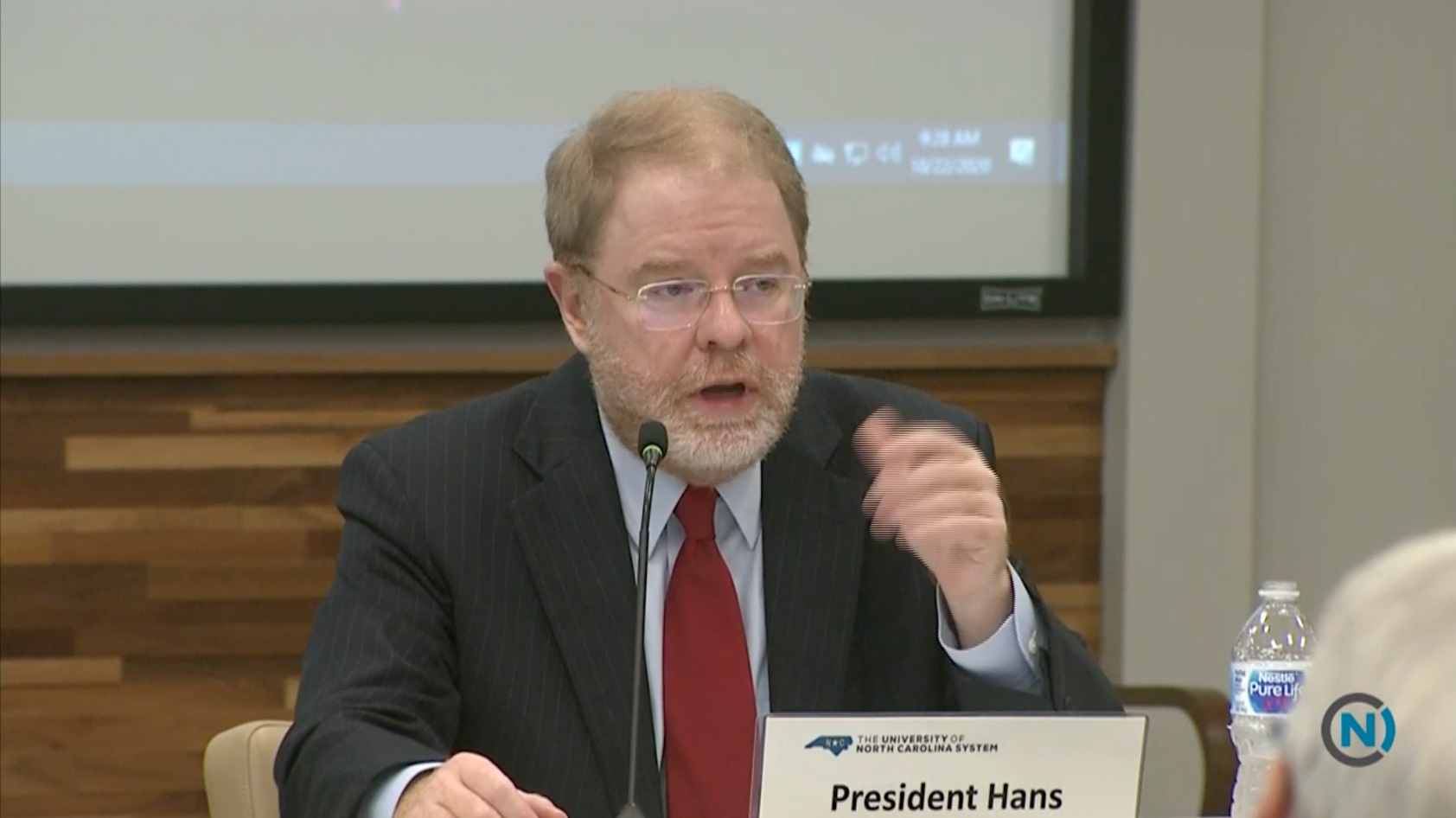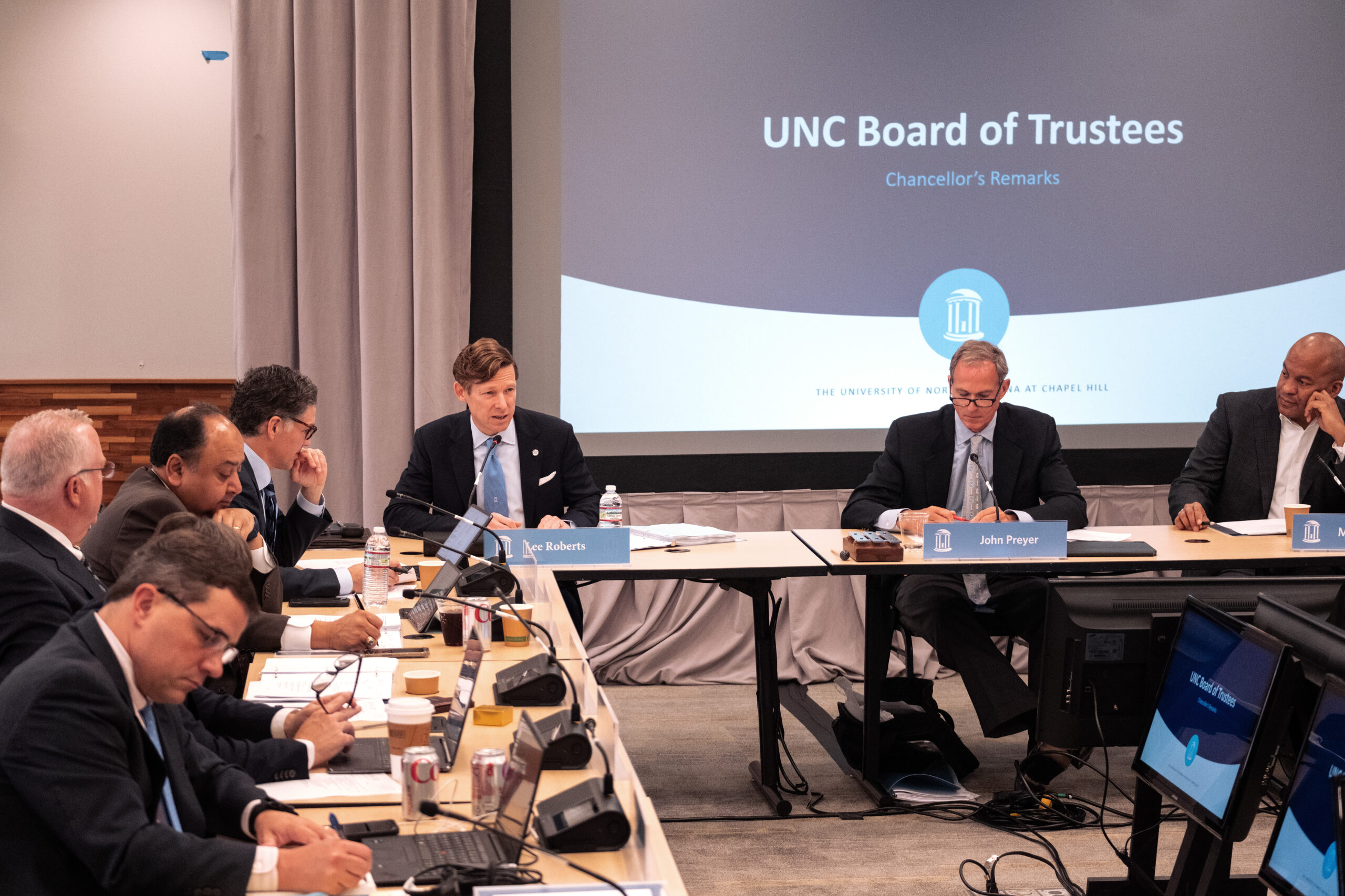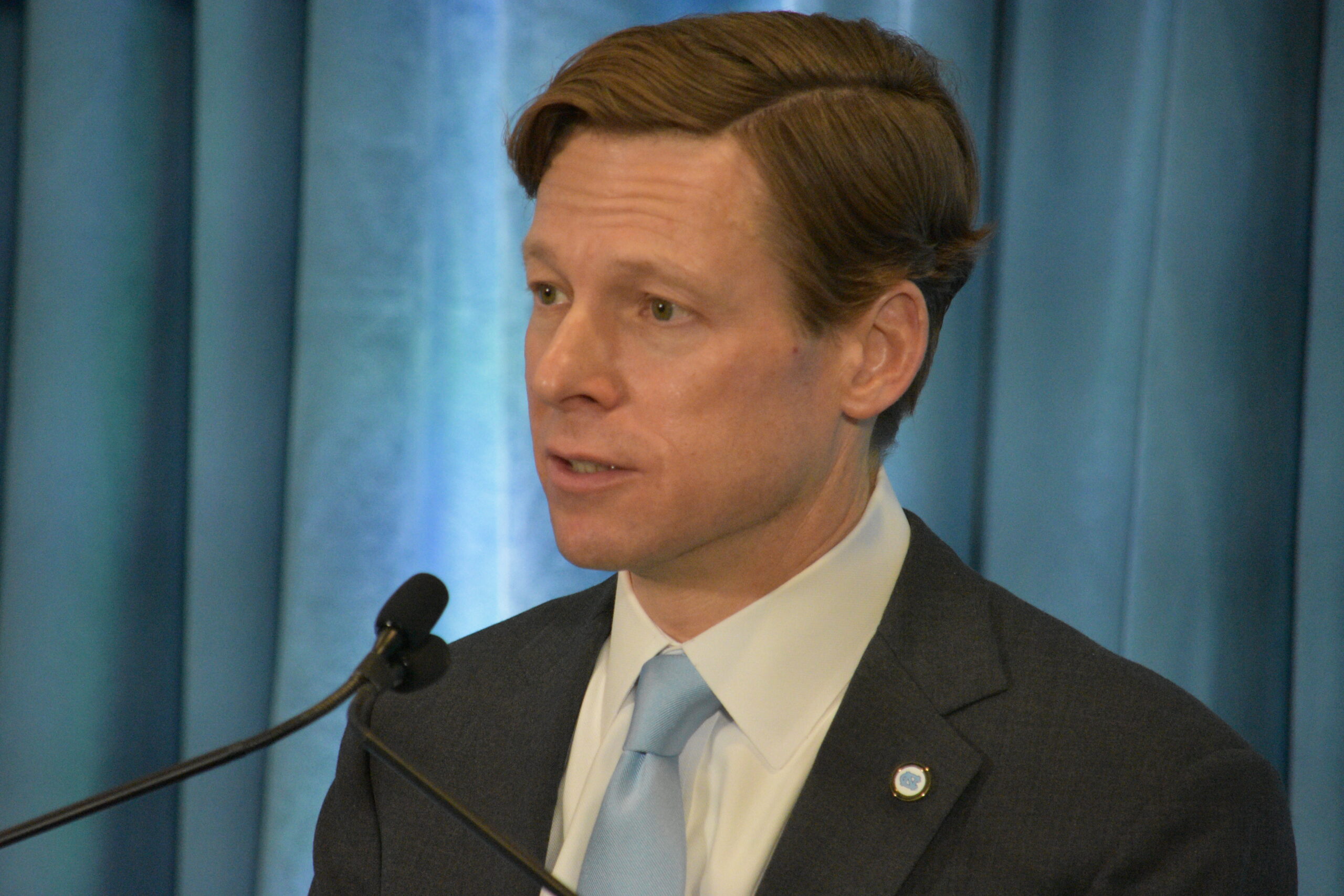UNC officially opened up its doors to students who are living on campus this week, as it welcomes undergraduates back ahead of the start of classes on Monday. While the past academic year went relatively smoothly for the student body – compared to recent examples of Silent Sam controversies and the COVID-19 pandemic – it was an eventful summer for the university’s administration.
With the U.S. Supreme Court ruling against UNC in a case about race-conscious admissions and Carolina exploring ways to still cultivate diversity on campus, Chancellor Kevin Guskiewicz’s administration has had more on its plate than just preparing for 2023-24.
UNC defended its admissions practices against a group called Students For Fair Admissions, which filed several lawsuits against universities who use race as a factor in their consideration of admitting students. The legal battled lasted nearly ten years, with it being taken to the U.S. Supreme Court in 2022. The justices ruled 6-3 against UNC in June, reversing precedent on affirmative action policies in higher education, declaring the university’s practices as unconstitutional, and writing students ought to be admitted by their individual experiences and not “on the basis of race.”

UNC Chancellor Kevin Guskiewicz (right) spoke with 97.9 The Hill’s Aaron Keck ahead of the 2023-24 academic year getting underway in Chapel Hill.
Guskiewicz said, in the weeks since, UNC has scrapped several of its race-based admissions strategies – chiefly, eliminating drop-down selections telling admissions staff the applicants’ racial identity if they chose to provide it.
“It also means that we’ll comply with the court’s ruling that an applicant’s lived racial experience cannot be credited for, as I think Chief Justice Roberts put it, ‘race for race’s sake,’” said the chancellor during an interview with 97.9 The Hill. “Instead, under some circumstances, [it] may illuminate an individual’s character and contributions that might allow for consideration. But race will not be a factor for admissions to any of our programs, or to the university at large.”
After the ruling in June, university leaders said they had prepared for either outcome. The UNC Board of Trustees approved changes at its July meeting to comply with the law. Guskiewicz said while his administration was disappointed that UNC lost the case, it does not sway his team’s valuing of student diversity on campus.
“Those different lived experiences are really important,” said Guskiewicz. “As a faculty member of 28 years at Carolina, I have seen it firsthand – front and center in the classroom. We think about diversity broadly speaking and what those different lived experiences bring to discussions around the curriculum [and] bring the curriculum to life. You can have the best curriculum in the country, but it’s the way in which those experiences, uh, bring it to life. And so, we’re committed to that.
“But again,” he added, “I want to emphasize that we’ll follow the law that changed recently.”
Guskiewicz said this week that the long-term ramifications of the Supreme Court’s ruling are still unclear and the university is still parsing out different ripple effects. But he said he’s confident UNC will continue to provide fair, critical evaluations of students applying to become Tar Heels.
“Our admissions team is incredible,” he said. “And they will continue to build strong classes that can allow all students to learn in the way that we would expect Carolina to provide for them. And also [so] that they can participate in a thriving democracy – that’s another reason why I think these different lived experiences are so important. We want to prepare the future leaders of not just North Carolina, but the nation and the world.”
Shortly after the Supreme Court struck down affirmative action, Guskiewicz announced his administration is working on a new plan to provide significant financial aid to all incoming North Carolina-based students whose family earns less than $80,000 a year. While the announcement referred to the effort as providing “free tuition” to those students, the chancellor has since altered the phrasing to clarify the initiative as improving financial resources.
Our commitment to access and affordability continues at Carolina. We will provide free tuition and required fees for incoming undergraduates from North Carolina whose families make less than $80,000 per year beginning with the incoming class in 2024. https://t.co/KVK8AYVqne
— Kevin Guskiewicz (@KevinGuskiewicz) July 7, 2023
Still, the announcement disgruntled some trustees and UNC System governors. At recent meetings with both the statewide and university appointees, Guskiewicz faced sharp criticism for the decision by some who thought the wording of “free tuition” went beyond UNC’s jurisdiction, while others interpreted it as disrespectful to the Supreme Court’s ruling.
“I think there’s a lot of differing opinions around how we achieve our goals,” the chancellor said. “We are committed to work alongside our Board of Trustees, our [UNC System] Board of Governors to meet all of our goals. So, I’m confident that we’re aligned in this regard.”
Now, Guskiewicz clarifies the initiative will help UNC maintain and expand its goal of allowing the most students possible to graduate debt-free after their time at Carolina. Starting with the incoming class in 2024, the program will help cover both tuition and required fees for qualifying students.
“As our admissions team has looked at this,” he said to 97.9 The Hill, “I think [it will] give confidence to families who may be a family of three with three or four children, who earn $65,000 to $75,000 a year per household income. [They can] think about wanting to come to Carolina and have the financial confidence to be able to come to Carolina.”
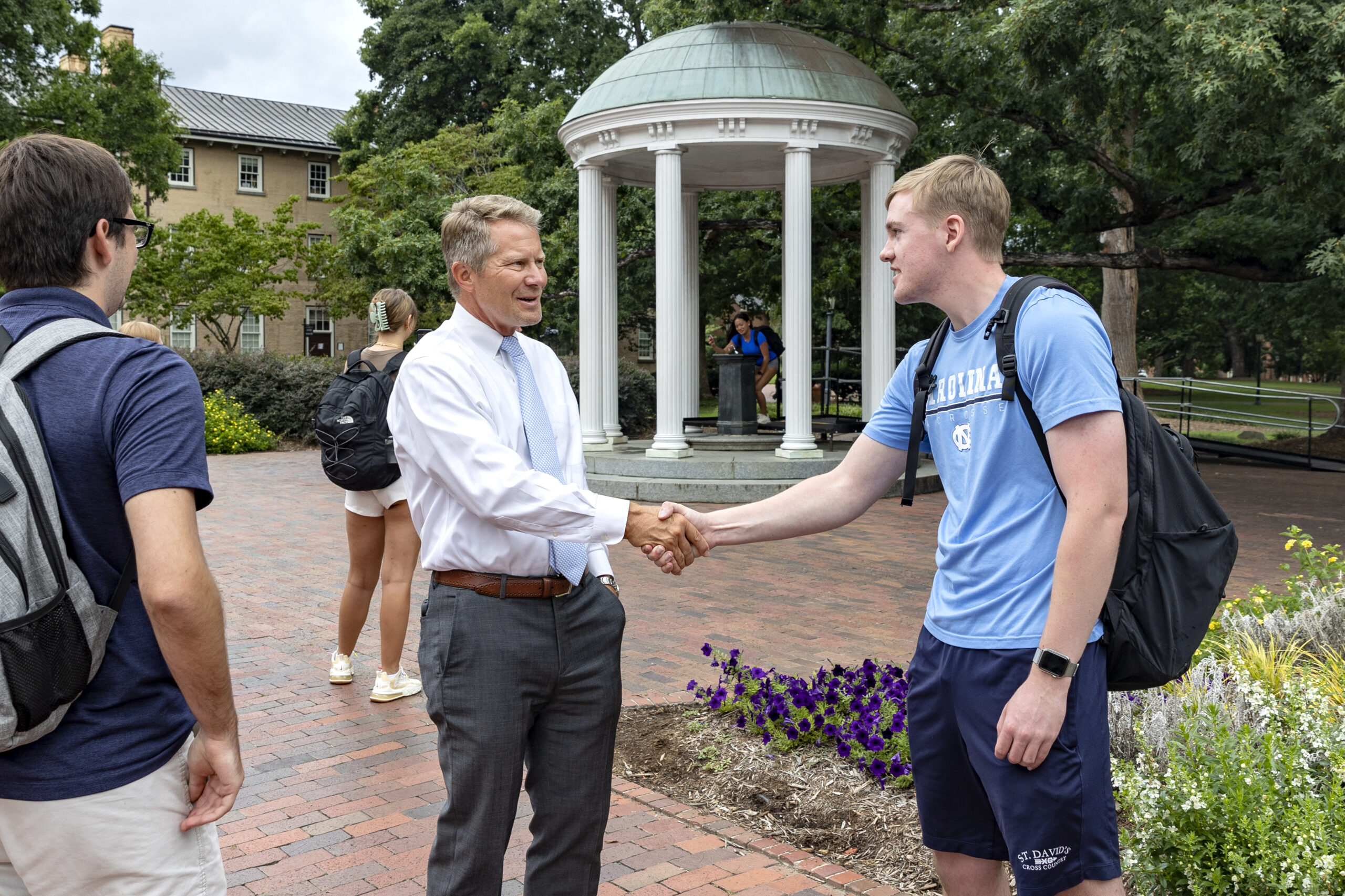
Chancellor Kevin Guskiewicz greets students as they wait to take a sip from the Old Well during the first day of class for the 2022-23 academic year. (Photo via Johnny Andrews/UNC-Chapel Hill)
The chancellor said the effort will not come at the expense of other students who have traditionally received financial aid. He pointed to the university’s established and extensive scholarship opportunities, some of which received boosts from the recent Campaign for Carolina and its $1 billion fundraising goal for scholarships.
“We have incredible programs,” said Guskiewicz, “not just the one we announced last month but also the Carolina Covenant, our Blue Sky Scholars initiative, the Williams Scholarship, the Pope Scholarship. I mean, there’s a number of these [to ensure] high achieving students not only have earned their way to Carolina, but they can afford to come to Carolina and reap the benefits that we have with a top-five public university.”
The chancellor said more information about the new financial aid assistance will be made available in the coming months to both current and incoming UNC students. Meanwhile, classes for the 2023-24 academic year begin for students on Monday, August 21.
Chapelboro.com does not charge subscription fees, and you can directly support our efforts in local journalism here. Want more of what you see on Chapelboro? Let us bring free local news and community information to you by signing up for our biweekly newsletter.

